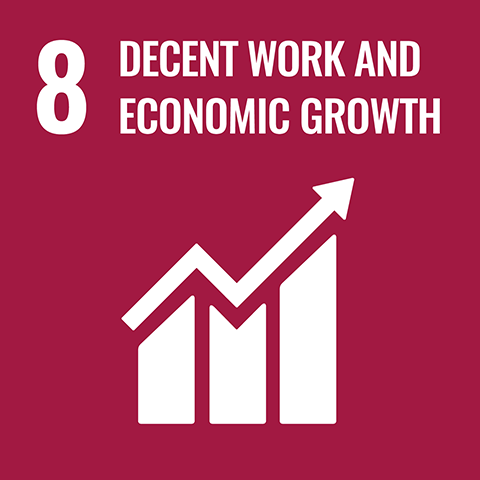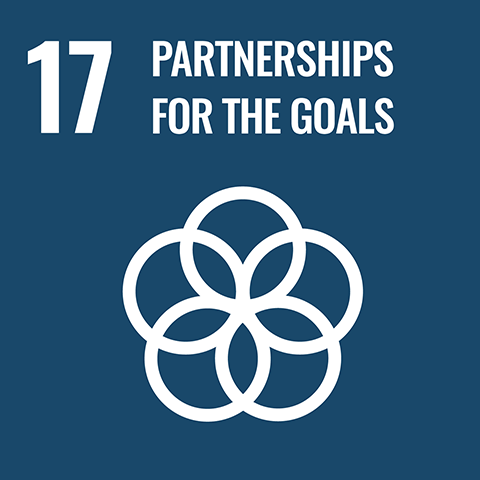This research report became a catalyst for a reversal of the Australian Government's decision to not introduce Authorised Economic Operator (AEO) program.
This research supports United Nations Sustainable Development Goals:




Following the 2001 terrorist attacks in the United States, international organisations developed initiatives to secure international supply chains against terrorist and other threats. Australian traders were disadvantaged by the Australian government's decision to not join an international trade facilitation scheme in 2012.
[Between 2015-2025] the Australian Trusted Trader programme is expected to deliver an increase in household consumption of $2.2 billion, as well as additional business investment of almost $1 billion. For the Australian industry involved in the programme…there is expected to be a substantial benefit, a direct impact of $2.9 billion and associated regulatory savings of $42.2 million.
– The Hon Peter Dutton MP
Researchers from the Centre for Customs and Excise Studies, Charles Sturt University, David Widdowson, Bryce Blegen and Mikhail Kashubsky, and Andrew Grainger from the University of Nottingham, U.K., published a report in 2014. The report examined AEO schemes implemented around the world, demonstrated the potential economic benefits of introducing such a scheme in Australia, and captured views and specific recommendations of industry stakeholders on what form an Australian program should take.
The research report ultimately became a catalyst for a reversal of the Government’s earlier decision to not introduce an AEO program. It led to the introduction of the Australian Trusted Trader (ATT) Program in 2015, which incorporates many of the research recommendations. To date, over 600 companies have joined the ATT program.
ATT accreditation benefits Australian businesses involved in international trade and transport, including:
ATT better facilitates legitimate trade whilst maintaining appropriate levels of trade security. The program delivers significant economic benefits in terms of Australian household consumption, additional business investment and regulatory savings.
Dr Kashubsky's research interests include offshore oil and gas security, maritime security, law of the sea, supply chain security, international trade and customs Law.
Professor Widdowson's research interests include trade facilitation, regulatory compliance management, risk management and supply chain security.
Mr Bryce Blegen work is focused on the provision of professional advice and training in the areas of global import and export compliance, supply-chain security, and cross-border process optimization.
Funding was provided by the Australian International Trade and Transport Industry Development Fund and Charles Sturt University.
Major industry associations during the research project include:
International trade is vital to the Australian economy. This research ensures that Australia remains internationally competitive, enhancing economic prosperity and national security.